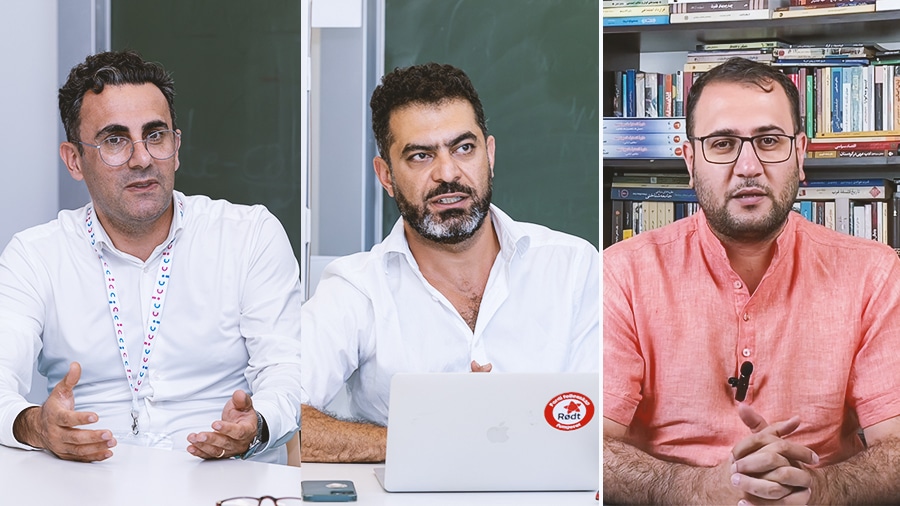Chalak Korde
The Impact of Ideological Discourses of the Center in Alienating Kurds from Iranian Identity
Mansour Sohrabi
Colonial Management of Iranian Kurdistan; with Emphasis on Water Resources
Moderator: Behdad Bordbar
Chalak Korde examines the role of ideological discourses from Iran’s political center in alienating Kurdish identity within the broader framework of Iranian national identity. With the advent of modernity in the Middle East, ethnic and religious groups faced new challenges and opportunities to define their identities.
In Iran, the Constitutional Revolution marked the start of modern political discourse, blending national identity with religious identity. However, this process led to the emergence of an authoritarian regime that, under the guise of modernization, sought to suppress diverse cultural and linguistic identities, including those of the Kurds.
This marginalization persisted even after the 1979 Revolution, as Kurds faced dual exclusion due to their ethnic and religious distinctions. Korde’s study explores the extent to which centralized governance and the denial of Kurdish agency have contributed to the alienation of Kurds from an overarching Iranian identity.
It further investigates how the lack of equitable access to economic, educational, cultural, and political opportunities has exacerbated the division between the center and periphery, pushing the Kurdish community to seek autonomy as a means of reclaiming their agency and preserving their cultural identity.
Mansour Sohrabi focuses on the exploitative management of natural resources in Iranian Kurdistan, with an emphasis on water resources, as a reflection of the broader center-periphery dynamic.
Kurdistan, a resource-rich region with abundant mineral deposits, oil reserves, forests, and water resources, has significantly contributed to Iran’s central economy while remaining one of the country’s most underdeveloped and impoverished regions.
The Iranian state’s development policies have heavily extracted resources from Kurdistan, causing environmental degradation, public health challenges, and stagnation or regression in the region’s development.
Sohrabi frames the relationship between the Kurdish periphery and the Iranian state as an internal colonial structure, where the center reaps the benefits of natural resource exploitation at the expense of the environmental and economic well-being of the peripheral region.
The paper particularly highlights how the mismanagement and overuse of Kurdistan’s water resources have had detrimental effects on the local environment and community, further entrenching inequality and fostering resentment among the Kurdish population.


